
Language as Liberation
Reflections on the American Canon
No se pudo agregar al carrito
Solo puedes tener X títulos en el carrito para realizar el pago.
Add to Cart failed.
Por favor prueba de nuevo más tarde
Error al Agregar a Lista de Deseos.
Por favor prueba de nuevo más tarde
Error al eliminar de la lista de deseos.
Por favor prueba de nuevo más tarde
Error al añadir a tu biblioteca
Por favor intenta de nuevo
Error al seguir el podcast
Intenta nuevamente
Error al dejar de seguir el podcast
Intenta nuevamente
 Exclusivo para miembros Prime: ¿Nuevo en Audible? Obtén 2 audiolibros gratis con tu prueba.
Exclusivo para miembros Prime: ¿Nuevo en Audible? Obtén 2 audiolibros gratis con tu prueba.
Elige 1 audiolibro al mes de nuestra inigualable colección.
Acceso ilimitado a nuestro catálogo de más de 150,000 audiolibros y podcasts.
Accede a ofertas y descuentos exclusivos.
Premium Plus se renueva automáticamente por $14.95 al mes después de 30 días. Cancela en cualquier momento.
Compra ahora por $19.80
-
Narrado por:
-
Bahni Turpin
In a dazzling series of lectures from her tenure as a professor at Princeton University, Toni Morrison interrogates America’s most famous works and authors, drawing a direct line from the Black bodies that built the nation to the Black characters that many of the country’s canonical white writers imagined in their work. Morrison sees these fictions as a form of creation and projection, arguing that they helped manufacture American racial identity—these “Africanist” presences are “the shadow that makes light possible,” as Morrison writes, and the reflections of their authors’ own deepest fears, insecurities, and longings.
With profound erudition and wit, Morrison breaks wide open the American conception of race with energetic, enlivening readings of the nation’s canon, revealing that our liberation from these diminishing notions comes through language. “How,” Morrison wonders, “could one speak of profit, of economy, of labor, or progress, of suffragism, or Christianity, of the frontier, of the formation of new states, the acquisition of new lands . . . of practically anything a new nation concerns itself with—without having as a referent, at the heart of the discourse or defining its edges, the presence of Africans and/or their descendants?”
To read these lectures, collected here for the first time, is to encounter Morrison, not just the writer but also the teacher, in the most penetrating and subversive way yet. With a foreword by her son Ford Morrison and an introduction by her Princeton comparative literature colleague Claudia Brodsky, Language as Liberation is a revelatory collection that promises to redefine the American canon.
Los oyentes también disfrutaron:












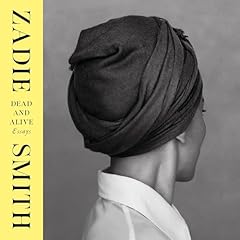

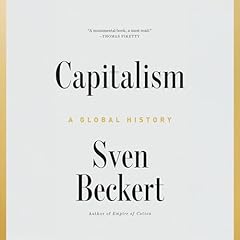





Reseñas de la Crítica
“We’ve long known the late Toni Morrison as a Nobel Prize-winning novelist and an astute cultural critic. Here we engage her as a scholar in a collection of Princeton University lectures enriched by marginalia, a beguiling testament to a prodigious mind in motion. American literature has been shaped by streams of influences from an array of continents and peoples, a ‘chaos’ of imagery and rhythms as vibrant and volatile as the nation itself. Taking stock of works from writers like Herman Melville, William Faulkner, and Gertrude Stein, Morrison probes the ‘powerful presence of Africanist personae, discourse, and narrative’ within our emerging canon.”
—TIME Magazine
“Provides unprecedented insight into Morrison’s roles as cultural critic and thought leader. . . . Morrison inverts our understanding of classic American literature. . . . An insightful invitation to revisit the familiar with new eyes.”
—Booklist
“Deeply insightful investigations of major works.”
—Kirkus
—TIME Magazine
“Provides unprecedented insight into Morrison’s roles as cultural critic and thought leader. . . . Morrison inverts our understanding of classic American literature. . . . An insightful invitation to revisit the familiar with new eyes.”
—Booklist
“Deeply insightful investigations of major works.”
—Kirkus
Las personas que vieron esto también vieron:








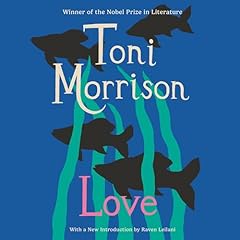


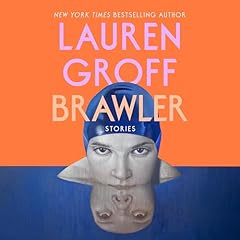


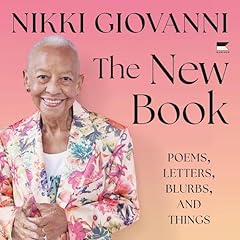



Todavía no hay opiniones


